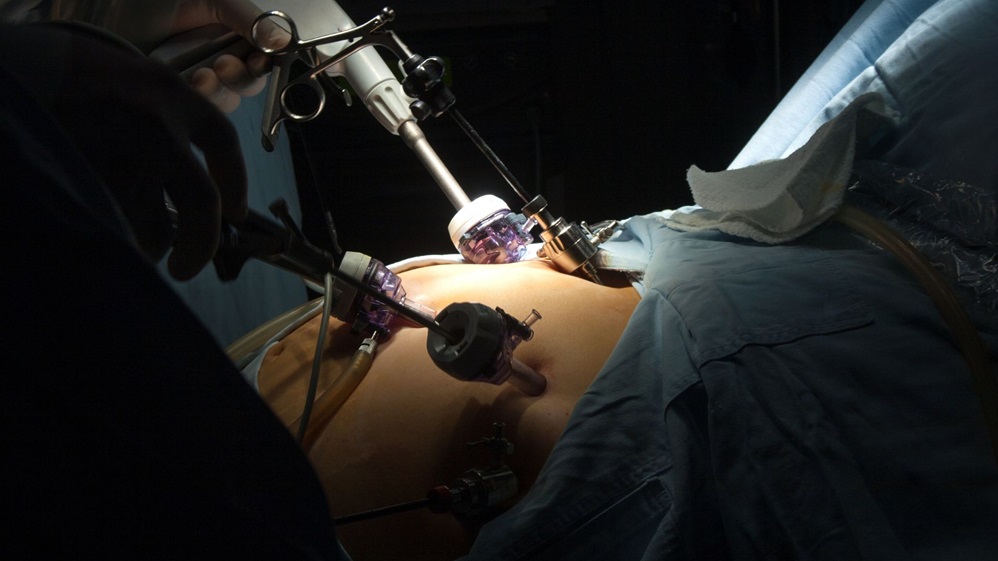7 Tips for Recovery from Bariatric Surgery

Bariatric surgery can be a life-changing procedure for those struggling with obesity, allowing patients to shed substantial weight and improve their overall health. However, recovery can sometimes be challenging. In this article, we’ll provide seven tips to make sure you have a comfortable recovery from bariatric surgery.
1. Follow Your Doctor’s Instructions
It’s essential to consult a professional and strictly follow their advice throughout the recovery process. This includes taking all prescribed medications as instructed, avoiding foods or activities that may harm the healing process, and adhering to any recommended follow-up appointments. By properly preparing for bariatric surgery and following your doctor’s instructions, you can ensure a safer and more comfortable recovery.
2. Maintain a Healthy Diet
After bariatric surgery, your stomach’s capacity will be significantly reduced, meaning you will need to make substantial changes to your diet. Focus on consuming protein-rich foods and avoid sugary, high-carb, or processed foods. Portion control is crucial, so eat small meals several times a day. Don’t forget to stay hydrated by drinking water throughout the day.
3. Gradually Introduce Physical Activity
It’s crucial to start walking and engaging in light activity as soon as your doctor allows, usually within the first day or two after surgery. Gradually increase your physical activity level, incorporating more intense exercises over time. If you want to undergo this surgery, it will be wise to consult a qualified professional for bariatric surgery in Miami to guide you on a suitable exercise plan for your recovery. Also, make sure to listen to your body and stop if there is any discomfort.
4. Manage Pain and Discomfort
Your doctor will likely prescribe pain medication to help alleviate any post-operative discomfort. Use a supportive pillow to prop yourself up and reduce strain on the surgical site when sitting or lying down. Additionally, practice deep breathing exercises to help manage pain and promote relaxation.
5. Take Care of Your Mental Health
Undergoing bariatric surgery can impact your mental health, leading to feelings of depression or anxiety. Reach out to support groups or talk to a therapist if you are struggling with your emotions after surgery. Surround yourself with positive, supportive people and enjoy activities that make you happy.
6. Sleep and Rest Well
Good quality sleep is essential for your body to heal and recover after bariatric surgery. Aim to get a minimum of 7 hours of sleep per night and rest when you feel fatigued during the day.
7. Be Patient with Your Weight Loss Journey
Rapid weight loss may occur shortly after bariatric surgery, but keep in mind that weight loss plateaus are normal as well. Stay focused on your long-term goals, and remember that this surgery is just one tool in your weight loss journey. Continue to make healthy choices and remain patient with your progress.
Wrapping Up
A successful and comfortable recovery from bariatric surgery largely depends on adhering to your doctor’s advice, maintaining a healthy diet, and gradually reintroducing physical activity into your routine. Prioritizing your mental health, managing pain, and being patient with your weight loss journey are all essential components for a smooth and successful bariatric surgery recovery. Remember, the more you put into following these tips, the more successful your outcome will be in the long run. Good luck!










